Filter by
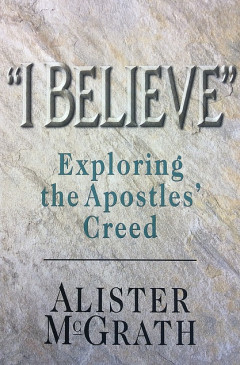
I Believe: Exploring the Apostles' Creed
Alister McGrath unpacks the content of the Apostles' Creed and introduces us to the essential truths about God the Father, the person and work of Jesus Christ, and the Holy Spirit.. An exploration of the Apostle's creed in six weekly sessions for church or home group use.
- Edition
- 2
- ISBN/ISSN
- 9780830819461
- Collation
- Softcover; 120 hlm.; 13.72 x 20.83 cm
- Series Title
- -
- Call Number
- 238.11
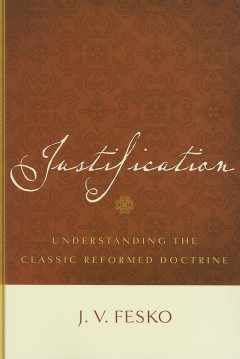
Justification: Understanding the Classic Reformed Doctrine
Justification is a comprehensive restatement of the classic Reformed doctrine of justification by faith alone. Fesko explains the doctrine in terms of the ordo and historia salutis, as well as in the light of recent challenges.
- Edition
- -
- ISBN/ISSN
- 9781596380868
- Collation
- Softcover; 461 hlm.; 15 x 23 cm
- Series Title
- -
- Call Number
- 234.7

Analysis of the Institutes of the Christian Religion of John Calvin
Calvin's Institutes is one of the most important theological works of the last millennium, but even seminarians and pastors have difficulty finishing it. Battles was experienced in guiding students through this volume, teaching it for forty-five years. His detailed outline and summary are now available for everyone interested in Calvin's great work.
- Edition
- -
- ISBN/ISSN
- 9780875521824
- Collation
- Softcover; 424 hlm.; 14.07 x 21.54 cm
- Series Title
- -
- Call Number
- 230.4
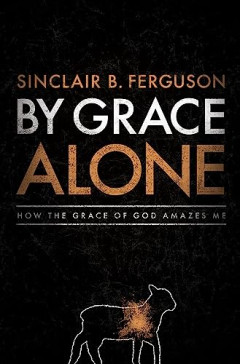
By Grace Alone: How the Grace of God Amazes Me
Are you truly amazed by God’s grace? Or have you grown accustomed to it? Yes, we sing of God’s “Amazing Grace,” but do you truly understand what you as a Christian have experienced in receiving the grace of God? Or do you take divine grace for granted? In By Grace Alone: How the Grace of God Amazes Me, Dr. Sinclair B. Ferguson laments that “we have lost the joy and energy that is expe…
- Edition
- -
- ISBN/ISSN
- 9781567692020
- Collation
- Hardcover; 123 hlm.; 16 x 23 cm
- Series Title
- -
- Call Number
- 234
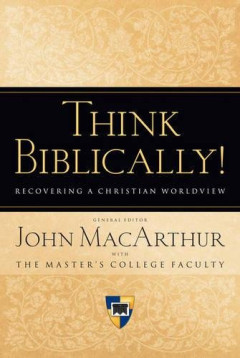
Think Biblically!: Recovering a Christian Worldview
What we think shapes who we are. That's why the Bible tells us, "Do not be conformed to this world, but be transformed by the renewal of your mind" (Romans 12:2a). In a world of differing voices competing for our allegiance, we must learn to "think biblically" so we can distinguish good from evil. God is the Creator of this world; his voice-his Word-must guide our thoughts and our lives. Wit…
- Edition
- 1
- ISBN/ISSN
- 1581344120
- Collation
- Hardcover; 368 hlm.; 15.9 x 24 cm
- Series Title
- -
- Call Number
- 230
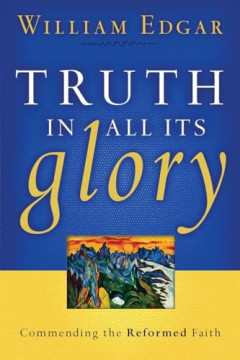
Truth in All Its Glory: Commending the Reformed Faith
"The first time I heard the expression Reformed theology, I was not much attracted to it," writes William Edgar. What came to mind were abuses done in its name. "My mind was changed over a period of time," he goes on to say, and here he commends the richness and beauty of the Reformed worldview he now cherishes. Edgar traces the origin of the Reformed faith, explores its central truths, and pro…
- Edition
- -
- ISBN/ISSN
- 9780875527949 / 0875527949
- Collation
- Softcover; 311 hlm.; 15 x 22.5 cm
- Series Title
- -
- Call Number
- 230.42
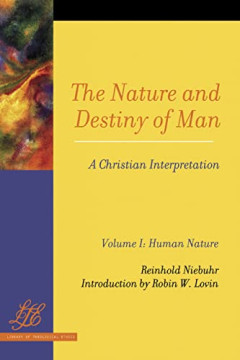
The Nature and Destiny of Man, Vol. 1: Human Nature
The Library of Theological Ethics series focuses on what it means to think theologically and ethically. It presents a selection of important and otherwise unavailable text-English-language texts and translations that have fallen out of print, new translations, and collections of significant statements about problems and themes of special importance - in an easily accessible form. Volumes in thi…
- Edition
- -
- ISBN/ISSN
- 9780664257095
- Collation
- Softcover; 328 hlm.; 15.39 x 23.16 cm
- Series Title
- -
- Call Number
- 233
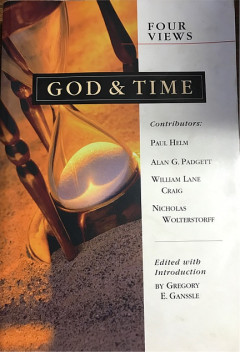
God and Time: Four Views
The eternal God has created the universe. And that universe is time-bound. How can we best understand God’s relationship with our time-bound universe? For example, does God experience each moment of time in succession or are all times present to God? How we think of God and time has implications for our understanding of the nature of time, the creation of the universe, God’s knowledge of…
- Edition
- 1
- ISBN/ISSN
- 9780830815517
- Collation
- Softcover; 256 hlm.; 15.19 x 22.78 cm
- Series Title
- -
- Call Number
- 231.7
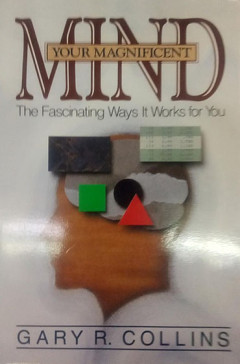
Your Magnificent Mind: The Fascinating Ways It Works for You
Psychologist Gary R. Collins takes us on a lively tour of the human brain and pauses periodically to consider how all of the marvelous and mysterious workings of our brains affect our daily lives. Discover how your mind works - how it is controlled; how it controls anger, depression, anxiety, how it is influenced by humor, a positive attitude, stress, dreams, religious experiences, how it can b…
- Edition
- -
- ISBN/ISSN
- 0801025273
- Collation
- Softcover; 256 hlm.; 15.2 x 22.8 cm
- Series Title
- -
- Call Number
- 233.5
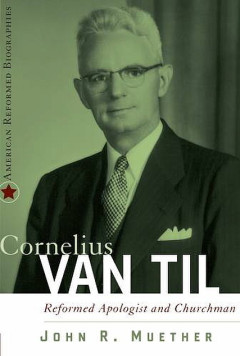
Cornelius Van Til: Reformed Apologist and Churchman
This work contributes to an understanding of Van Til and his apologetic insights by placing him within the context of twentieth century developments in North American Reformed theology, including the formation of Westminster Seminary and the Orthodox Presbyterian Church, the rise of neo-evangelicalism, and American reception of Karl Barth. The book includes extensive research from published sou…
- Edition
- 1
- ISBN/ISSN
- 9780875526652
- Collation
- Hardcover; 288 hlm.; 16 x 23 cm
- Series Title
- American Reformed Biographies
- Call Number
- 230.51092
 Computer Science, Information & General Works
Computer Science, Information & General Works  Philosophy & Psychology
Philosophy & Psychology  Religion
Religion  Social Sciences
Social Sciences  Language
Language  Pure Science
Pure Science  Applied Sciences
Applied Sciences  Art & Recreation
Art & Recreation  Literature
Literature  History & Geography
History & Geography